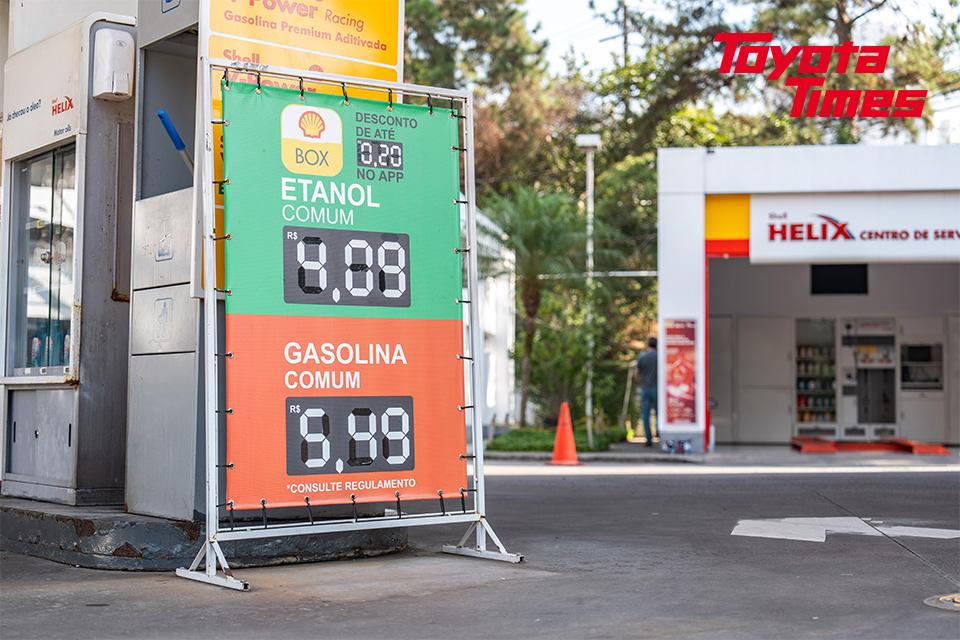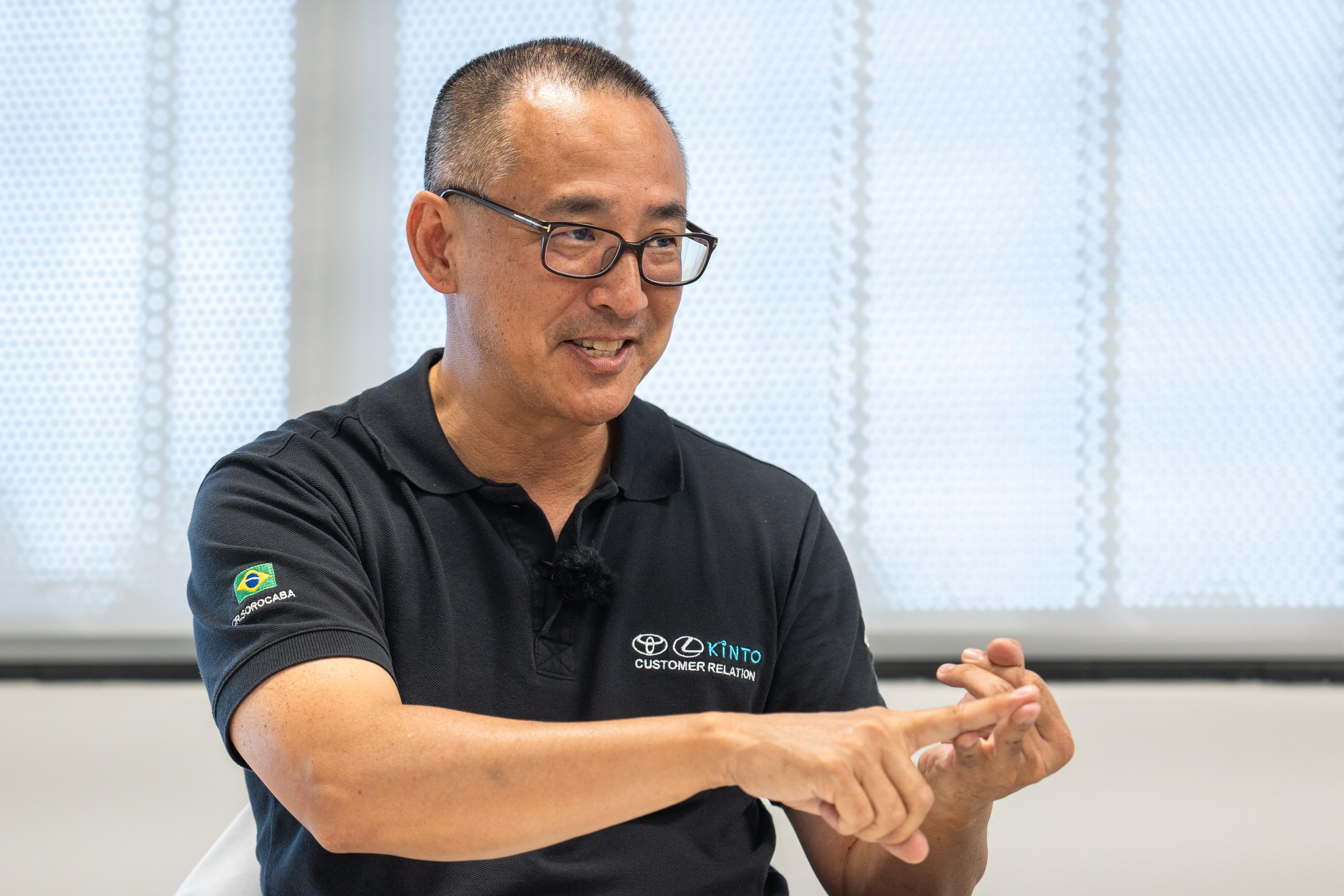
Will the carbon-neutral age mean the end of engines? On the other side of the globe, Toyota Times found a completely different worldview that flies in the face of such fears.
Toyota technology cuts CO2 emissions to 30% of gasoline cars
Toyota rolled out its first flex-fuel vehicle for the Brazilian market in 2007 and has been producing ethanol-powered cars ever since.
In 2019, Toyota’s Brazilian engineers joined forces with counterparts in Japan, combining their respective expertise in flex-fuel vehicles and hybrid technology to develop flex-fuel hybrids (HEVs).
Initially, the locally produced lineup included only the Corolla sedan, with the Corolla Cross added in 2021.
Eduardo Bennacchio, who was involved in the development as an engineering division manager, says proudly, “Compared to conventional engines, the hybrid technology improves efficiency by at least 30%, and when combined with renewable fuel technology, can reduce CO2 emissions by some 70%.”

Then, in April of this year, Toyota announced that it would begin manufacturing a new compact flex-fuel HEV in 2024. Backed by a 45-billion-yen investment, the car will be produced at the Sorocaba Plant in Sao Paulo and exported to 22 countries in Latin America.
As enhanced safety and environmental technologies continue to push vehicle prices upward, the company is hoping that offering a flex-fuel HEV option among lower-priced compact cars will further boost adoption.
Toyota do Brasil President Rafael Chang explains how the company’s unique technology has been received in the region.
“We recently began holding events to demonstrate Toyota’s multi-pathway approach. By offering test drives of HEVs, flex-fuel HEVs, PHEVs, BEVs, and FCEVs (fuel cell electric vehicles), we let stakeholders make up their minds for themselves. We don’t try to suggest which is right or wrong, but most people settle on the flex-fuel HEV (as the most practical).”

Sugarcane also makes for cleaner BEVs and FCEVs
So far, we have highlighted the potential of sugarcane and bioethanol in fueling engines, but in fact these raw inputs can also make electric vehicles carbon neutral.
For example, biogas can be obtained from the straw that remains after harvesting sugarcane or bagasse left over from the ethanol production process. This biogas can be used to generate green electricity.
Since ethanol (C2H5OH) contains abundant hydrogen, research is also underway to produce green hydrogen from bioethanol.
By harnessing these technologies, BEVs could be charged with electricity generated from sugarcane-derived fuels, while FCEVs run on hydrogen made from ethanol. Just like using ethanol to fuel engines, both options are carbon neutral.
Expanding ethanol use
Sugarcane makes it possible to pursue decarbonization through the diversity of mobility, serving as a power source for BEVs and other vehicles without eliminating engines as an option.
Useful down to the last scraps, it is a powerful, eco-friendly, and sustainable raw material.
Brazil’s sugarcane production is concentrated in the south-central region (92%), with the remainder processed in the northeast.
Fields supplying sugarcane for ethanol make up less than 0.8% of Brazil’s land area yet produce enough to fuel most of the country’s cars.
Efforts are also underway to make more effective use of this existing land, including by developing higher-yield crop varieties that are less vulnerable to pests and diseases.
Brazil’s 2050 target is but an extension of technological development begun long before the global push for decarbonization.
The country continues to hone this practical and sustainable option, its sights set firmly on carbon neutrality.

